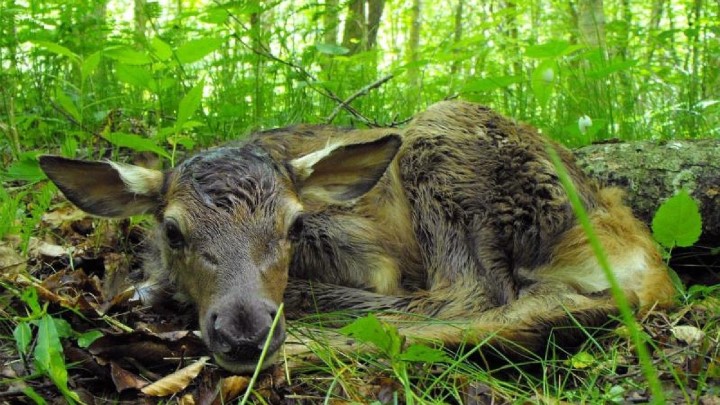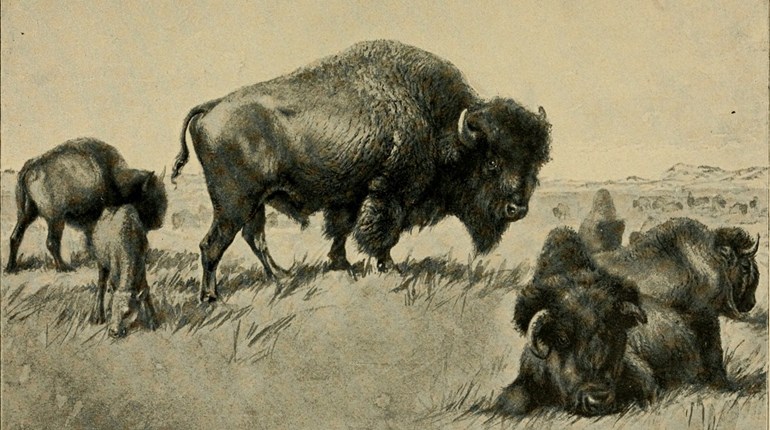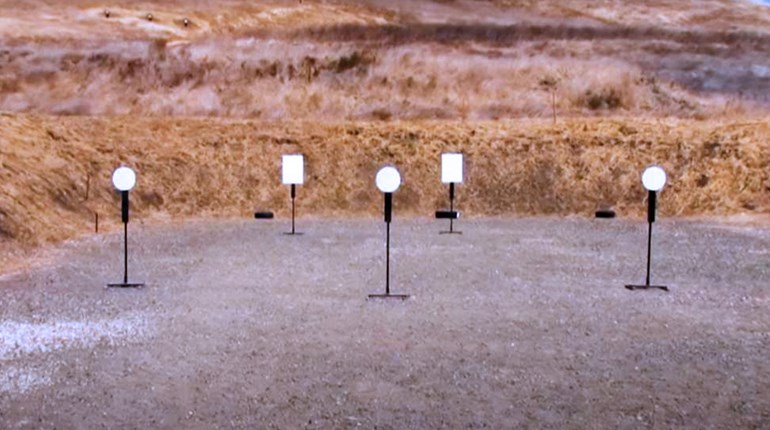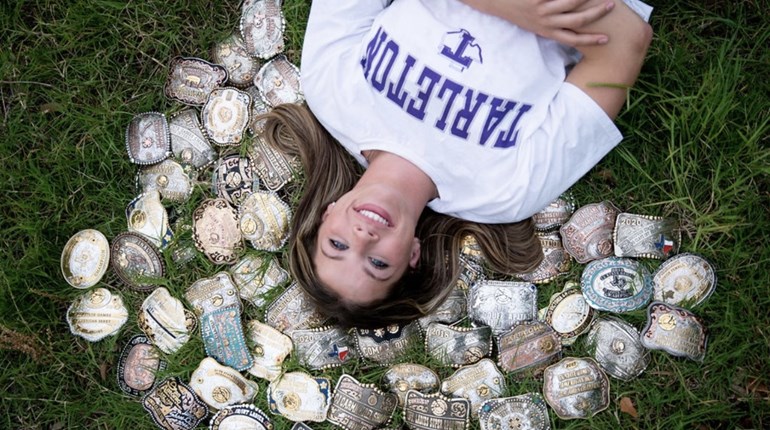
If you spend enough time in the outdoors this time of year, you're quite likely to get a very cute surprise: a baby animal all by itself. It's extremely common for people to see juvenile wildlife and to think that it's in trouble and needs help, but that is almost never the case. In fact, any attempt to help the critter is much more likely to cause it (or you) some serious damage than anything else.
The first thing to know is that newborn big game animals fall into two categories: followers and hiders. Followers include bison calves and bighorn sheep lambs, which follow their mothers shortly after they’re born. Because "followers" are much more visible and jibe with the human experience of raising young (you'd never leave your baby all alone, of course!), that's what makes the most sense to us. Hiders, such as deer fawns and elk calves, do the opposite — they hide, alone, for most of the day. What's more, that's the best survival strategy for them.
“Newborn fawns are actually alone and isolated during their first weeks of life — and that’s on purpose,” Utah Division of Wildlife Resources Big Game Coordinator Covy Jones said. “The mother knows that leaving the fawn alone is the best way to protect it from predators.” You see, during the day, a doe deer will reunite with its fawn for a short time, to nurse it and care for it. Then, to draw attention away from where the fawn is hiding, the mother will leave the fawn.
Fawns are born with a creamy brown coat that’s covered with white spots, which serves as camouflage and allows the fawn to blend in with its surroundings. Fawns also don’t give off much scent, so it’s difficult for predators to smell them.
So what should you do if you see a deer fawn or an elk calf that appears to be alone?
-
Don’t approach it. Watch it or take a photo of it from a distance, but don’t go near it. In almost every case, the fawn has not been abandoned by its mother.
-
Don’t touch it or pet it. Finding and petting newly born animals is a problem because the animal’s survival depends on it being left alone. If you touch it, you may leave your scent on the animal, which could draw predators to it.
-
Give it plenty of space. Even if you don’t touch the fawn, getting too close can cause the fawn to run away from you, leaving its hiding place where its mother left it. Then, when the mother comes back to care for the fawn, it won’t be there.
-
Never attempt to remove the fawn from the wild or take it home. DWR conservation officers occasionally respond to instances where an individual has taken a baby deer home to “care for it.” However, that often has fatal consequences for the animal and can also create public safety risks. If you believe that a baby animal is injured or sick, report it to your local fish and game office.






































